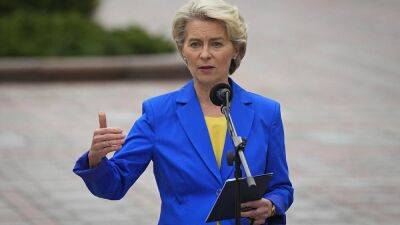Tornado Cash is the latest chapter in the war against encryption
The sanctions imposed by the United States government on Tornado Cash have reignited a public debate on privacy. For many in the relatively young crypto community, such an intervention by the federal government seems groundbreaking. However, tussles between the private sector and the state on the issue of privacy are far from new and can provide compelling insights on what we might expect next for privacy in the crypto industry.
In the 1990s, Phil Zimmermann releasedPretty Good Privacy (PGP), one of the first openly available public-key cryptography applications that featured end-to-end (E2E) encryption. Zimmerman’s creation prompted a criminal investigation that was eventually dropped, resulting in federal court decisions that protect encryption under the U.S. Constitution’s First Amendment. This clash on personal privacy became dubbed the “encryption wars.”
Related: Tornado Cash shows that DeFi can’t escape regulation
The encryption wars rage on today, with officials from the U.S. and other countries urging major tech companies to forgo strong E2E encryption in their products. This would permit law enforcement to access an enormous spectrum of sensitive personal data.
The next chapter in the encryption wars comes from the Office of Foreign Assets Control (OFAC) sanction of Tornado Cash. The OFAC sanction represents the first outright ban on an application itself, doing away with the line between “providers of anonymizing services” and “anonymizing software providers;” a distinction drawn by another department of the Treasury, the Financial Crimes Enforcement Network (FinCEN).
I sent a letter to Treasury Secretary Yellen regarding the unprecedented sanctioning of Tornado Cash. The growing adoption of decentralized
Read more on cointelegraph.com






















